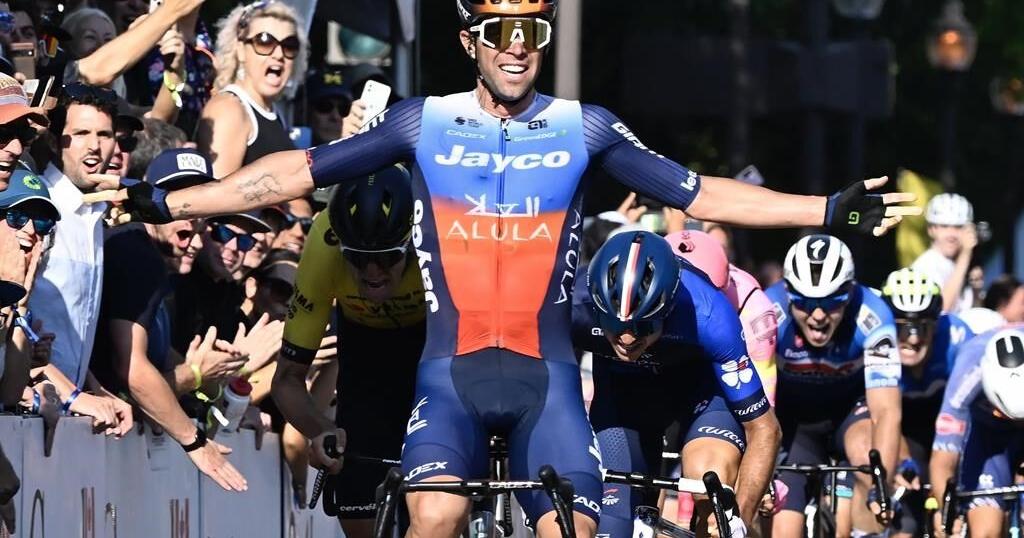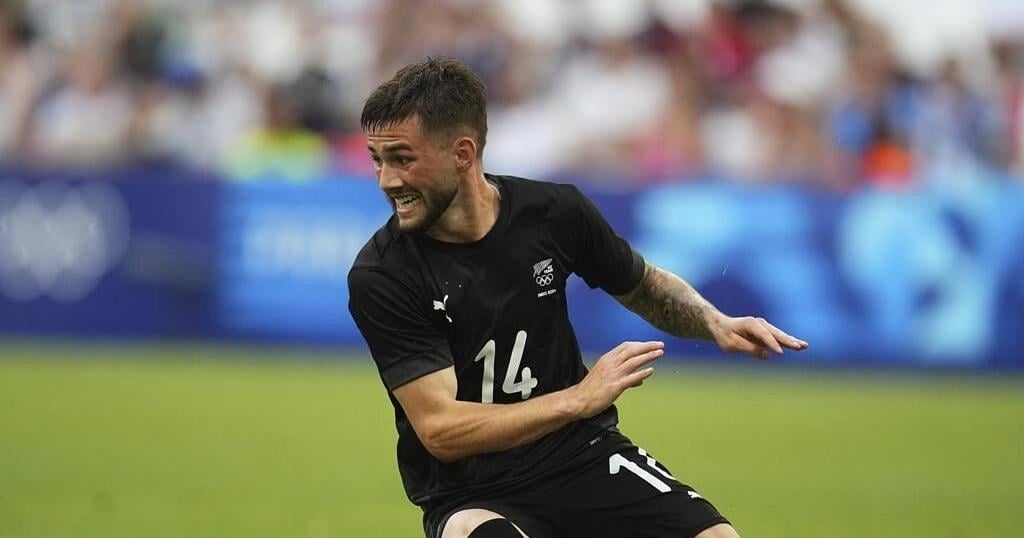TALLAHASSEE, Fla. (AP) — Florida State has asked a judge to decide key parts of its lawsuit against the Atlantic Coast Conference without a trial, hoping for a quicker resolution and path to a possible exit from the league.
Florida State requested a partial summary judgment from Circuit Judge John Cooper in a 574-page document filed earlier this week in Leon County, the Tallahassee-based school’s home court.
Florida State sued the ACC in December, challenging the validity of a contract that binds member schools to the conference and each other through media rights and claiming the league’s exit fees and penalties for withdrawal are exorbitant and unfair.
In its original compliant, Florida State said it would cost the school more than half a billion dollars to break the grant of rights and leave the ACC.
“The recently-produced 2016 ESPN agreements expose that the ACC has no rights to FSU home games played after it leaves the conference,” Florida State said in the filing.
Florida State is asking a judge to rule on the exit fees and for a summary judgment on its breach of contract claim, which says the conference broke its bylaws when it sued the school without first getting a majority vote from the entire league membership.
The case is one of four active right now involving the ACC and one of its members.
The ACC has sued Florida State in North Carolina, claiming the school is breaching a contract that it has signed twice in the last decade simply by challenging it.
The judge in Florida has already denied the ACC’s motion to dismiss or pause that case because the conference filed first in North Carolina. The conference appealed the Florida decision in a hearing earlier this week.
Clemson is also suing the ACC in South Carolina, trying to find an affordable potential exit, and the conference has countersued that school in North Carolina, too.
Florida State and the ACC completed court-mandated mediation last month without resolution.
The dispute is tied to the ACC’s long-term deal with ESPN, which runs through 2036, and leaves those schools lagging well behind competitors in the Southeastern Conference and Big Ten when it comes to conference-payout revenue.
Florida State has said the athletic department is in danger of falling behind by as much as $40 million annually by being in the ACC.
“Postponing the resolution of this question only compounds the expense and travesty,” the school said in the latest filing.
The ACC has implemented a bonus system called a success initiative that will reward schools for accomplishments on the field and court, but Florida State and Clemson are looking for more as two of the conference’s highest-profile brands and most successful football programs.
The ACC evenly distributes revenue from its broadcast deal, though new members California, Stanford and SMU receive a reduced and no distribution. That money is used to fund the pool for the success initiative.
___
Get poll alerts and updates on the AP Top 25 throughout the season. Sign up here. AP college football: and

























